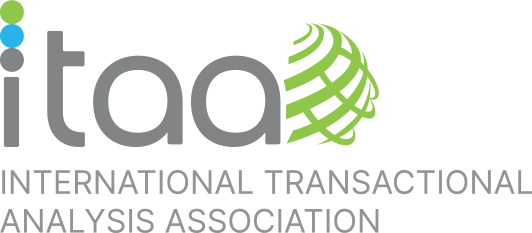RESIGNATION FROM MEMBERSHIP
If the Respondent chooses to resign their ITAA membership at any stage of the process, all avenues will be opened to encourage the Respondent to return to the process.
Should the Respondent not return to the process, with the written consent of the Petitioner, and where ITAA knows who the Respondent’s primary supervisor is, that Supervisor will be formally notified of the situation inviting the Respondent to a learning experience.
Where the Respondent does not continue with any part of the process, and has formally resigned, the Petitioner is formally informed that the ITAA Ethics committee is not able to proceed with the formal process laid out in this manual.
ACTION DURING LITIGATION
If during the process of conducting an ethics formal inquiry the ethics committee is made aware of a civil or criminal litigation the investigating committee can decide whether to:
- Put the formal inquiry on hold until the litigation is concluded
- Place the Respondent’s membership on hold
- Placing the Respondent’s ITAA directory listing on temporary hold
Considerations in making this decision will at least be:
- The safety of the Respondent’s current and potential clients
- The ITAA’s professional reputation
The time period between the lodging of a formal issue of ethical concern with the ITAA Ethics Committee and the resolution of any civil or criminal litigation will not be counted in any time limits for ITAA ethics processes.
Findings of Other Professional Associations, Regulatory Bodies, and Courts as the Basis for the Finding of a Contravention of the ITAA Code of Ethics
When a member has had action taken on them in response to an ethical concern by another professional association or regulatory board or convicted by a court of a legal offence related to his or her qualifications or functions, it is the policy of the ITAA Ethics Committee to review the situation and consider the implications for the member on a case-by-case basis.
Respondent’s Demonstration of Evidence to Overcome Presumption
To overcome the presumption that an ITAA member has not maintained good standing with other professional associations or regulatory bodies that have jurisdiction over his/her professional practice or conduct, the Respondent will prove to the Committee’s satisfaction one of the following:
- A Flawed Process. That the other body’s process was so flawed that the finding of the association or board cannot be presumed to be correct (e.g. demonstrated bias of one of the decision makers, failure of the body to allow the Respondent to be heard, etc.)
- Action Too Severe. That in the case of an action by another body, the action was far in excess of the Respondent’s conduct.
- In the absence of compelling evidence of one or both of the above, the ITAA Ethics Committee will not question or go behind the finding of the other body and will move on to its decision about what action, if any to recommend to the Executive Committee.
- Other ITAA Actions Based on Actions by Other Bodies. When another body investigates a person who is also an ITAA member, the ITAA Ethics Committee will decide whether and how to take action on a case-by-case basis.
Confidentiality and Disclosure of Information
All persons (Ethics Committee members, Petitioner, Respondent, their respective support resources and supervisors, mediators etc) involved in the process to address an ethical concern will treat all information and the process in a strictly confidential manner.
All correspondence and information relating to ethics cases will be sent and stored securely, and in a manner in which only the intended recipients have access.
Breaches of Confidentiality
The Ethics Committee may take action if either party alleges a contravention of confidentiality and/or data security by either:
- Sending a letter of caution. The letter will contain the nature of the asserted contravention and corrective action to be taken. The nature of the letter will be corrective as opposed to punitive.
- The Ethics Committee will consider in each case the most appropriate action to take, where a party fails to take corrective action on receiving the letter.
If the Ethics Committee determines that a contravention of confidentiality has occurred, it may demand that all confidential material be deleted by any person to whom the material was given, and assurances provided to the Ethics Committee that this has been done.
Involved Parties
All parties involved in an ethics concern will indicate their commitment to confidentiality and data security by means of a signed non-disclosure agreement.
correspondence
Correspondence concerning any Issue of Concern that has been raised will be directed to the Chair/s of the Ethics Committee.
You can write to the Ethics Committee at ethics_committee@itaaworld.com

